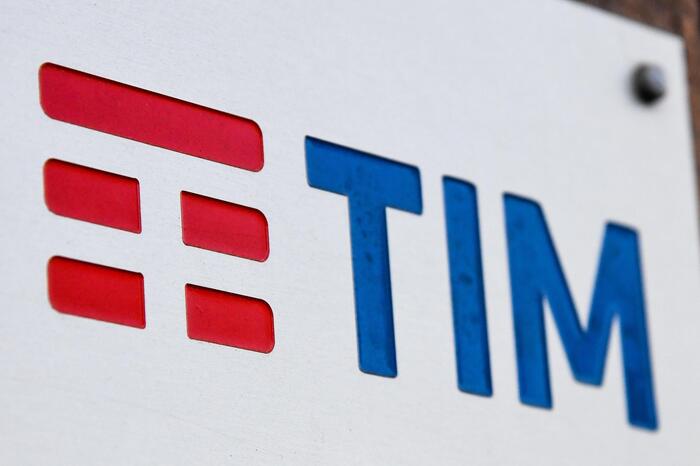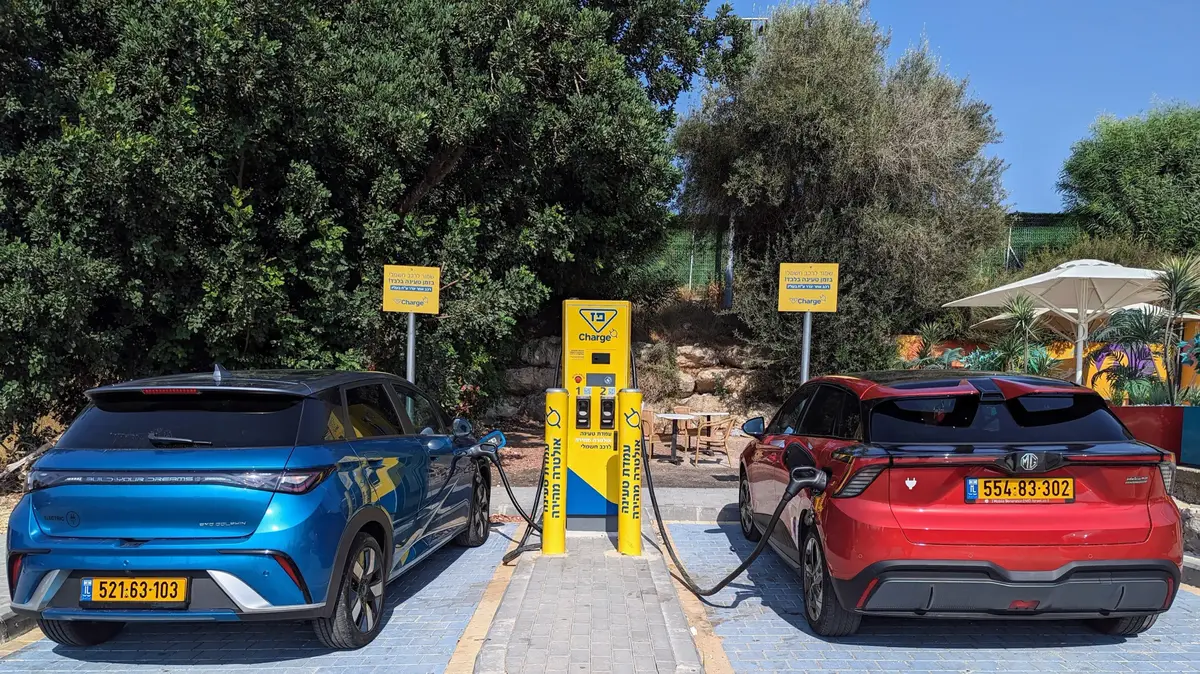Icon: enlarge
Saxony's head of government Reiner Haseloff (CDU) must fear for his coalition (archive image)
Photo:
Klaus-Dietmar Gabbert / dpa
The planned increase in the license fee has sparked a bitter dispute in the Kenya coalition in Saxony-Anhalt.
Prime Minister Reiner Haseloff (CDU) has now convened the top representatives from the CDU, SPD and Greens to an unscheduled coalition committee, as SPIEGEL learned from government circles.
The dpa news agency had previously reported on it.
The only issue is likely to be the tricky situation before important votes on the so-called State Media Treaty.
Saxony-Anhalt could be the only federal state to vote against the adjustment of the broadcasting fee by 86 cents to 18.36 euros per month from January 2021.
The black-red-green coalition has not yet been able to agree on a uniform vote.
If that does not change, not only is the nationwide increase in the broadcasting fee in danger, but also the continued existence of the state government.
The final vote by the state parliament is due in mid-December.
The media committee positions itself on Wednesday, the SPD and the Greens want to support the increase planned for January 1st.
The CDU rejects the project and argues with the lack of willingness to reform on the part of public law.
The new contribution was determined by an independent commission and signed off by the Prime Ministers.
For it to come, however, all 16 state parliaments have to agree, and most of them have already done so.
Saxony-Anhalt is considered the only wobbly candidate.
The opposition AfD is also against the premium increase.
The CDU and AfD together have a majority in the media committee and in parliament.
Separate votes are not provided for in the coalition.
It is agreed to abstain in cases of disagreement between the alliance parties.
According to the three coalition parties, that is not an option in this case.
In this case, the state treaty would be stopped with the votes of the AfD alone, because it has more votes than the left as the second opposition party.
This wants to agree.
Union politician Motschmann: "No common cause" with the AfD
Prime Minister Haseloff had announced that he still wanted to get a unified vote from the coalition.
The conflict is a constant topic among government partners and the threatened veto by the CDU and AfD is causing excitement and criticism nationwide.
The media policy spokeswoman for the Union parliamentary group, Elisabeth Motschmann, warned the Saxony-Anhalt CDU of the planned maneuver.
"You should definitely not make common cause with the AfD," she told the "editorial network Germany".
The CDU leadership around party leader Annegret Kramp-Karrenbauer has not yet positioned itself.
You are threatened with a situation similar to the government crisis in Thuringia, which was triggered by a joint vote by the CDU, AfD and FDP in the prime ministerial election and ultimately prompted Kramp-Karrenbauer to announce his resignation.
Sharp criticism from Klingbeil
SPD General Secretary Lars Klingbeil renewed his criticism of the Christian Democrats.
"The CDU is playing with fire again and a few months after the shame of Thuringia is now preparing the next cooperation with the AfD in Saxony-Anhalt," he told the "Tagesspiegel".
"The fact that the federal government is silent on this is not a good sign."
There are a number of scenarios for the coalition to end just a few months before the state elections.
According to reports, they range from a withdrawal of the SPD and Greens ministers from the cabinet and a CDU minority government to a withdrawal of Prime Minister Haseloff to the premature dissolution of the state parliament and early elections.
A new state parliament would be elected on June 6, 2021.
The Greens made it clear at a party congress on Friday that they see no basis for further government cooperation if the CDU votes with the AfD and against the coalition partners.
The SPD sends similar signals.
Both want to prevent this situation with further discussions and suggestions.
The CDU parliamentary group sees the criticism as a threat and blackmail and wants to stick to its vote.
She will meet on Tuesday morning for further deliberations.
There are also parliamentary group meetings in the SPD and the Greens.
Icon: The mirror
mes / til / dpa







